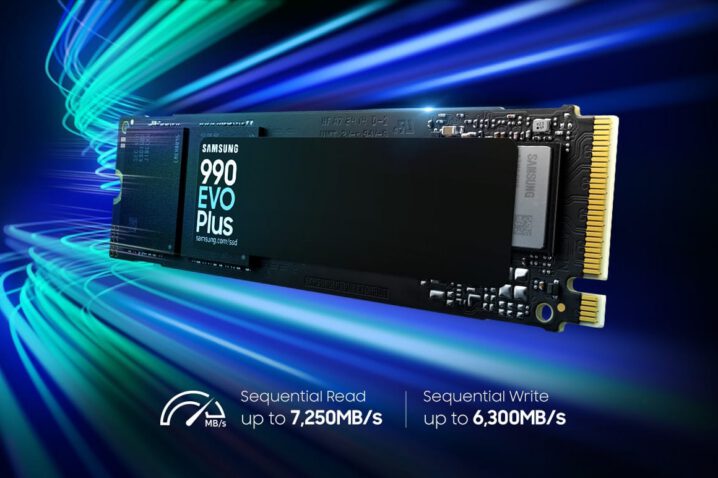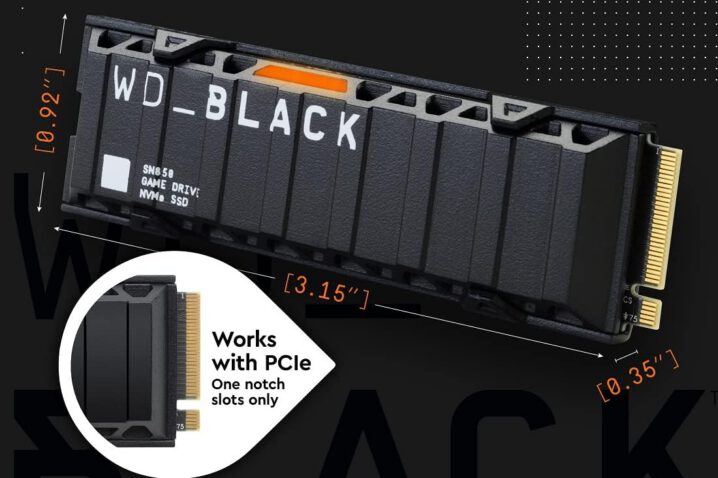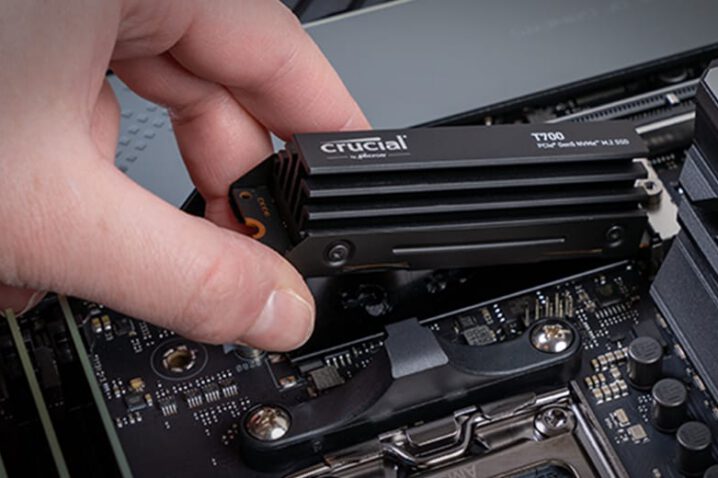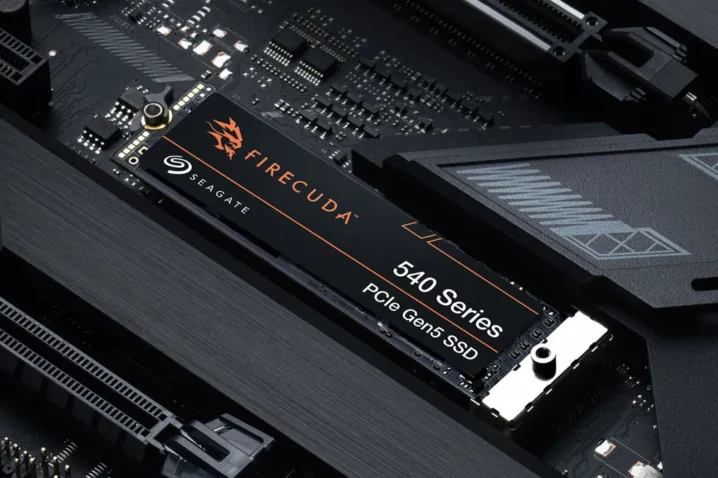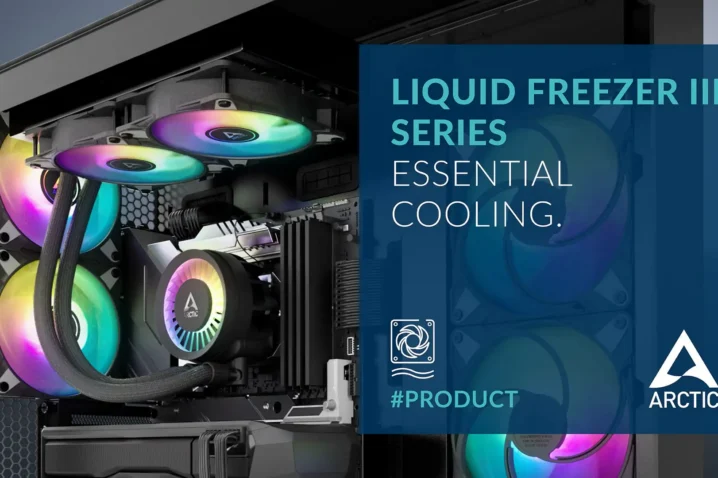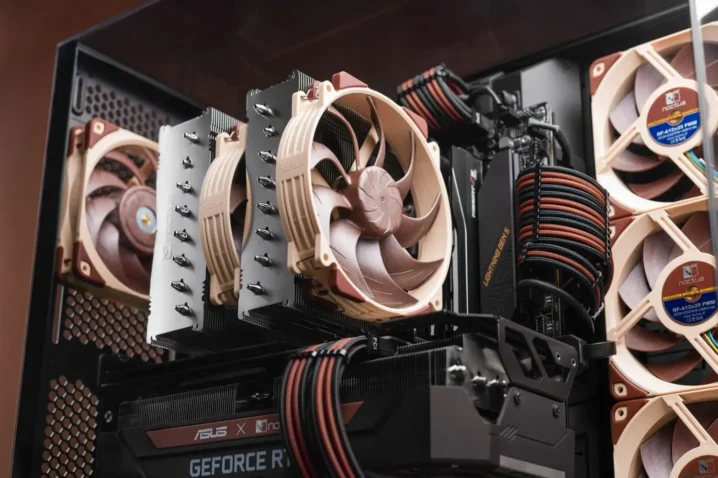Samsung’s 990 Evo NVMe drive fails sequential write tests at 80°C. Independent reviewers have reported significant performance drops when the drive operates under sustained heavy loads. The issue appears related to thermal throttling and controller firmware.
CrystalDiskMark results show sequential write speeds dropping from 5,000MB/s to 1,200MB/s after 10 minutes at high temperatures. Read speeds remain stable, but write performance does not recover until the drive cools. SMART data logs confirm repeated thermal events during testing.
This finding raises concerns about the 990 Evo’s suitability for high-performance workloads in poorly ventilated systems. Samsung may need to address the issue with a firmware update or improved thermal solutions. Users should monitor drive temperatures to avoid performance degradation.

